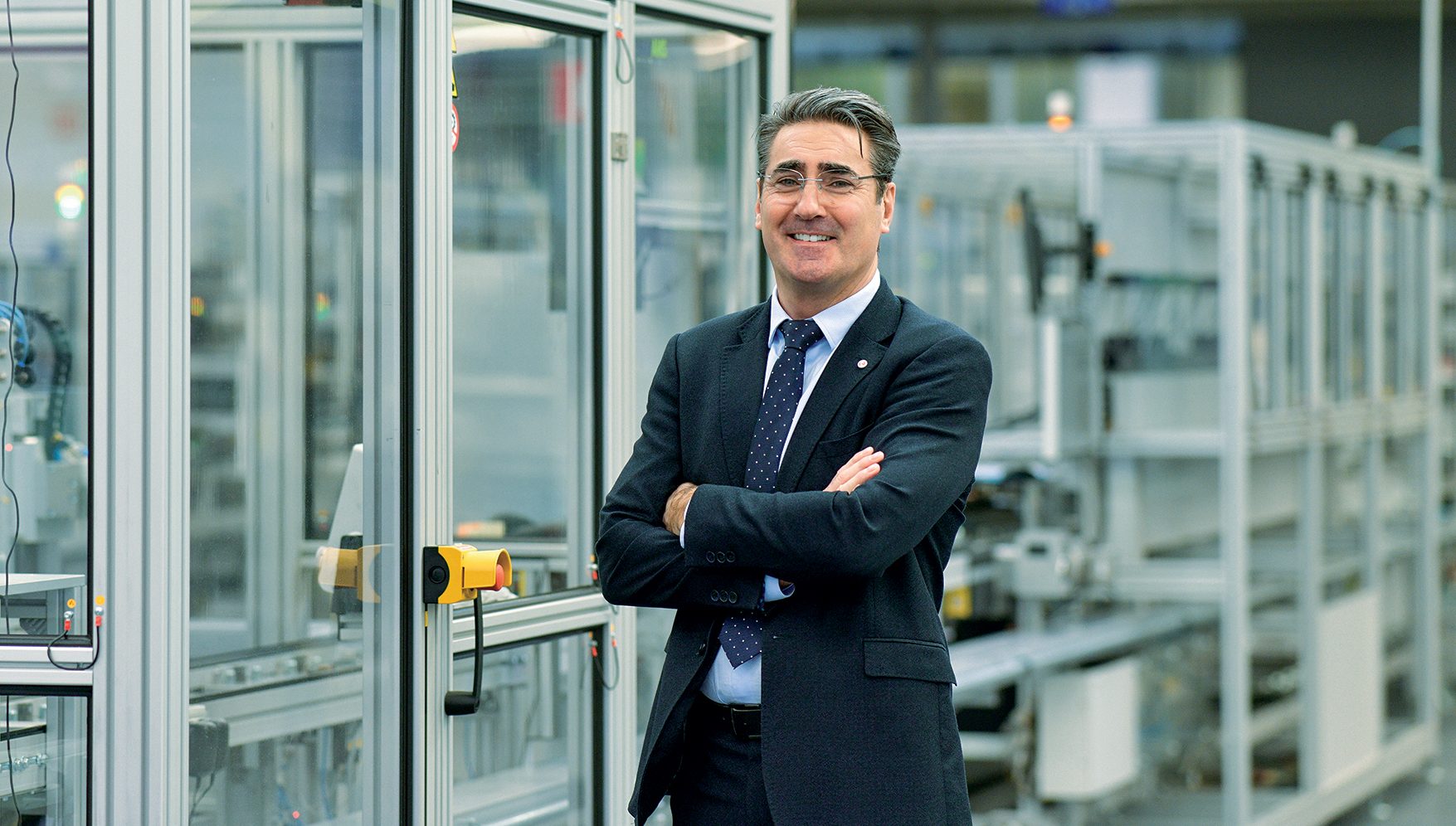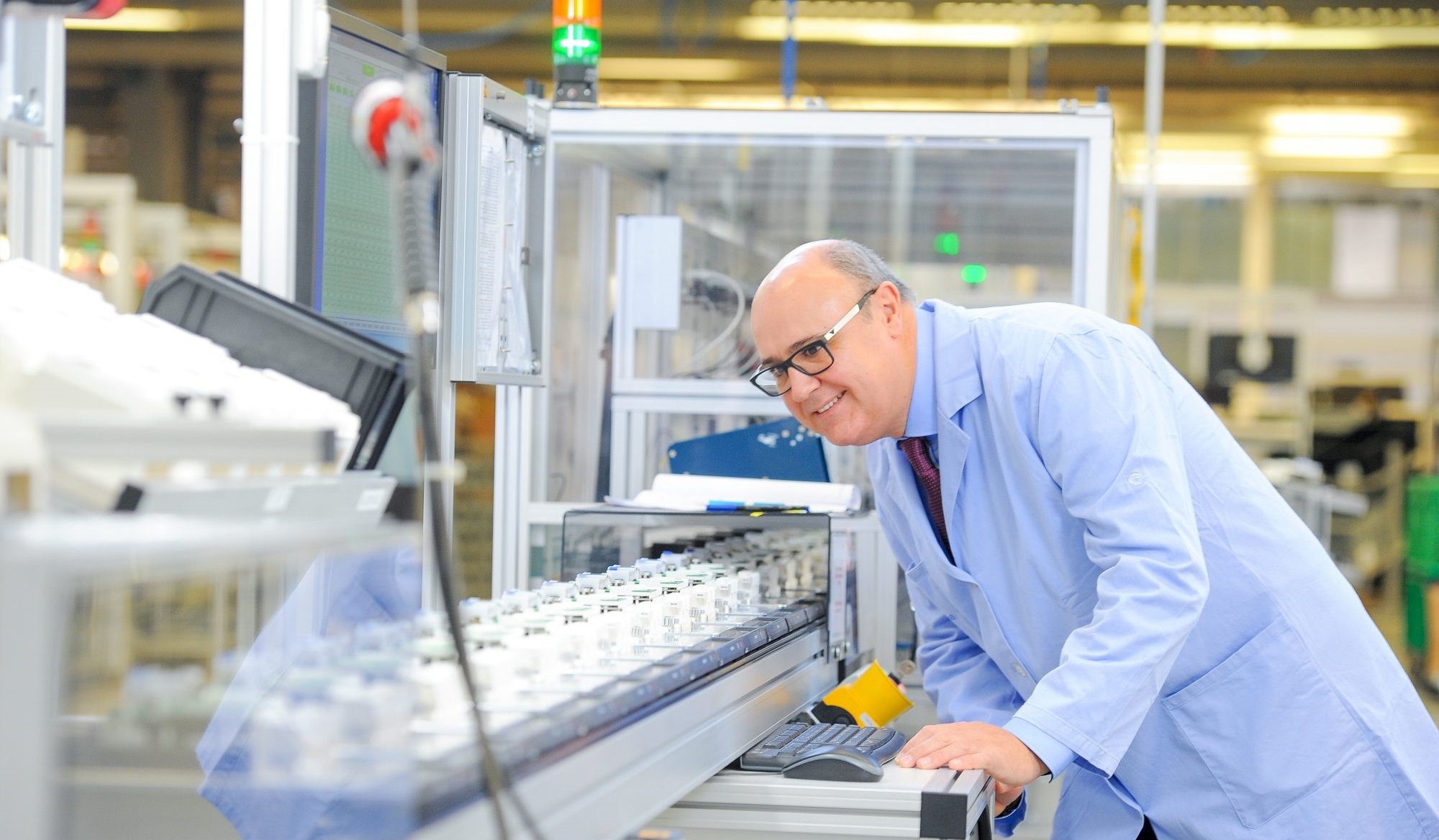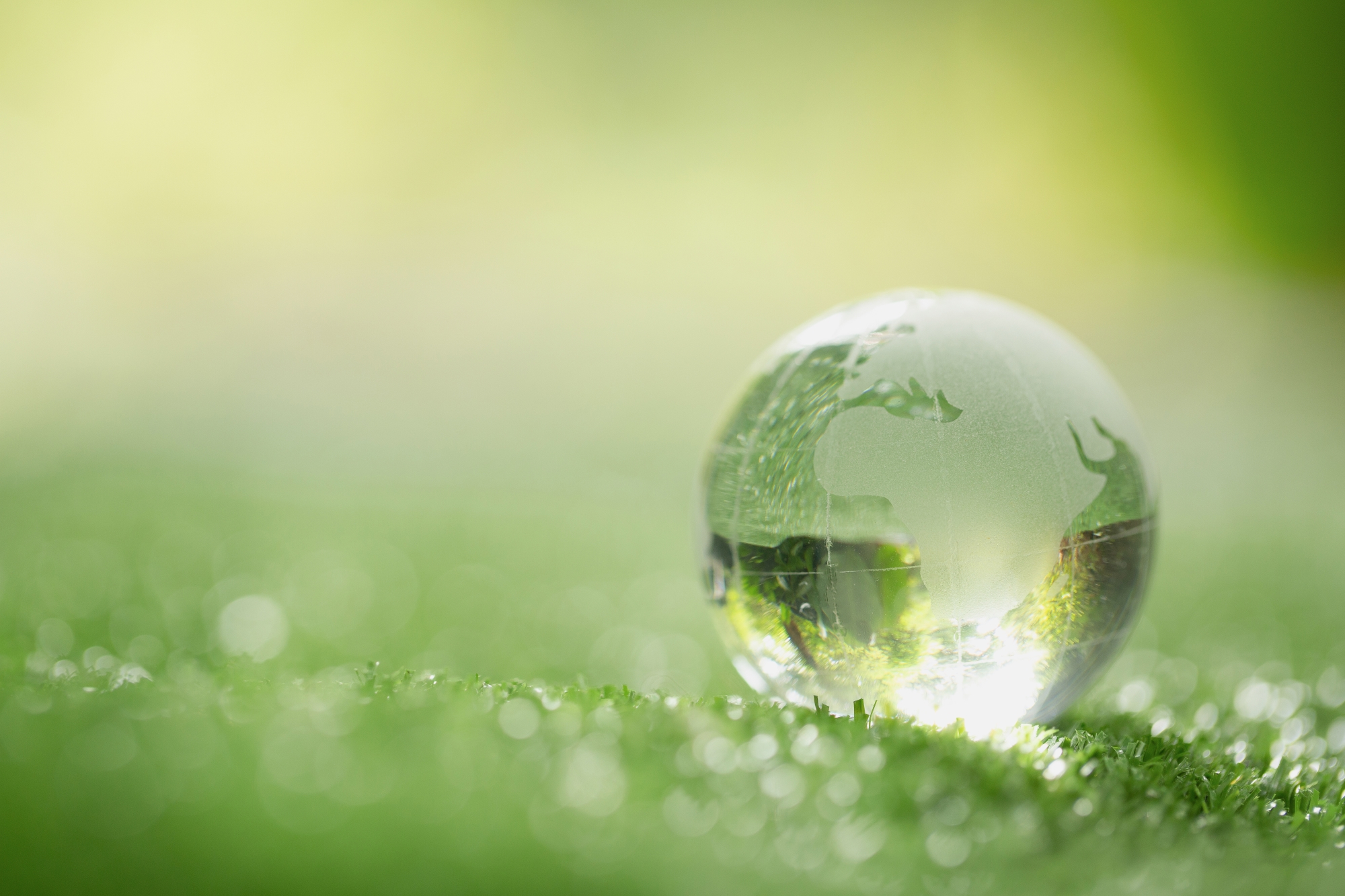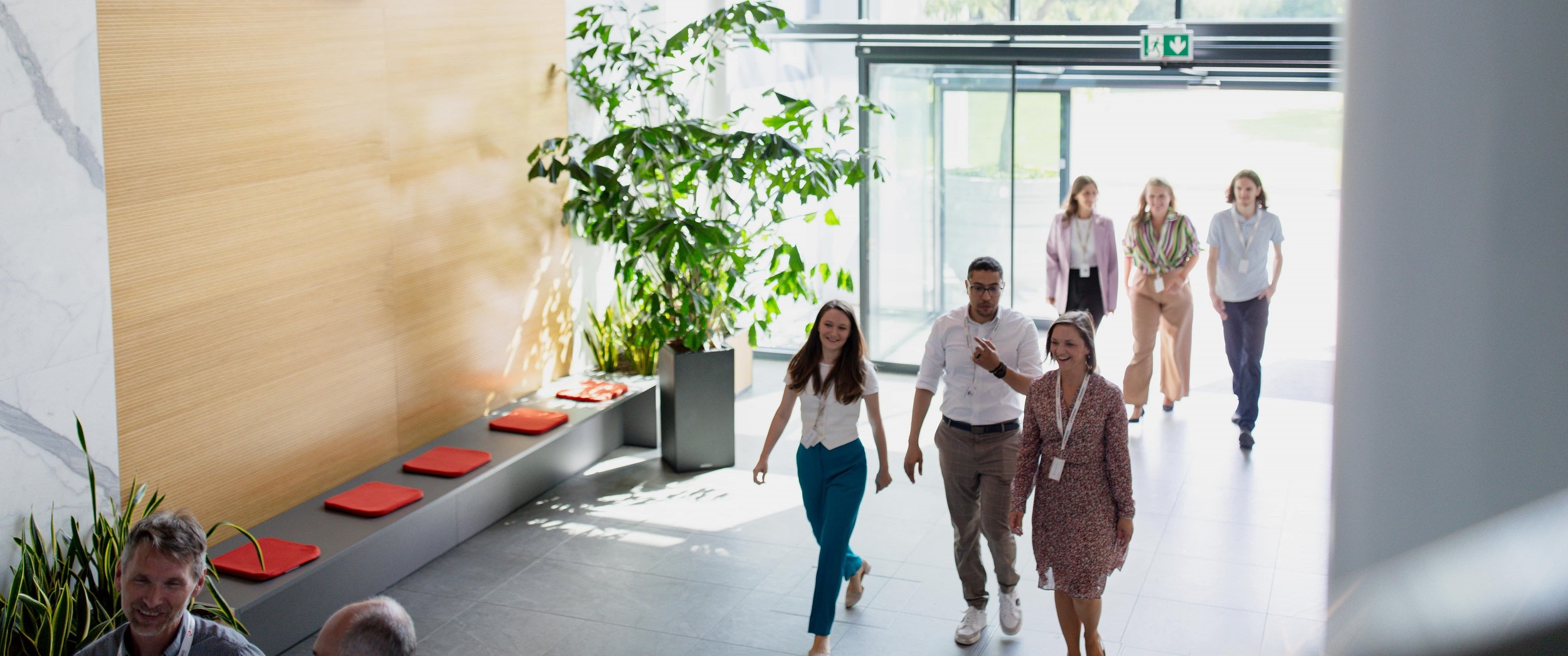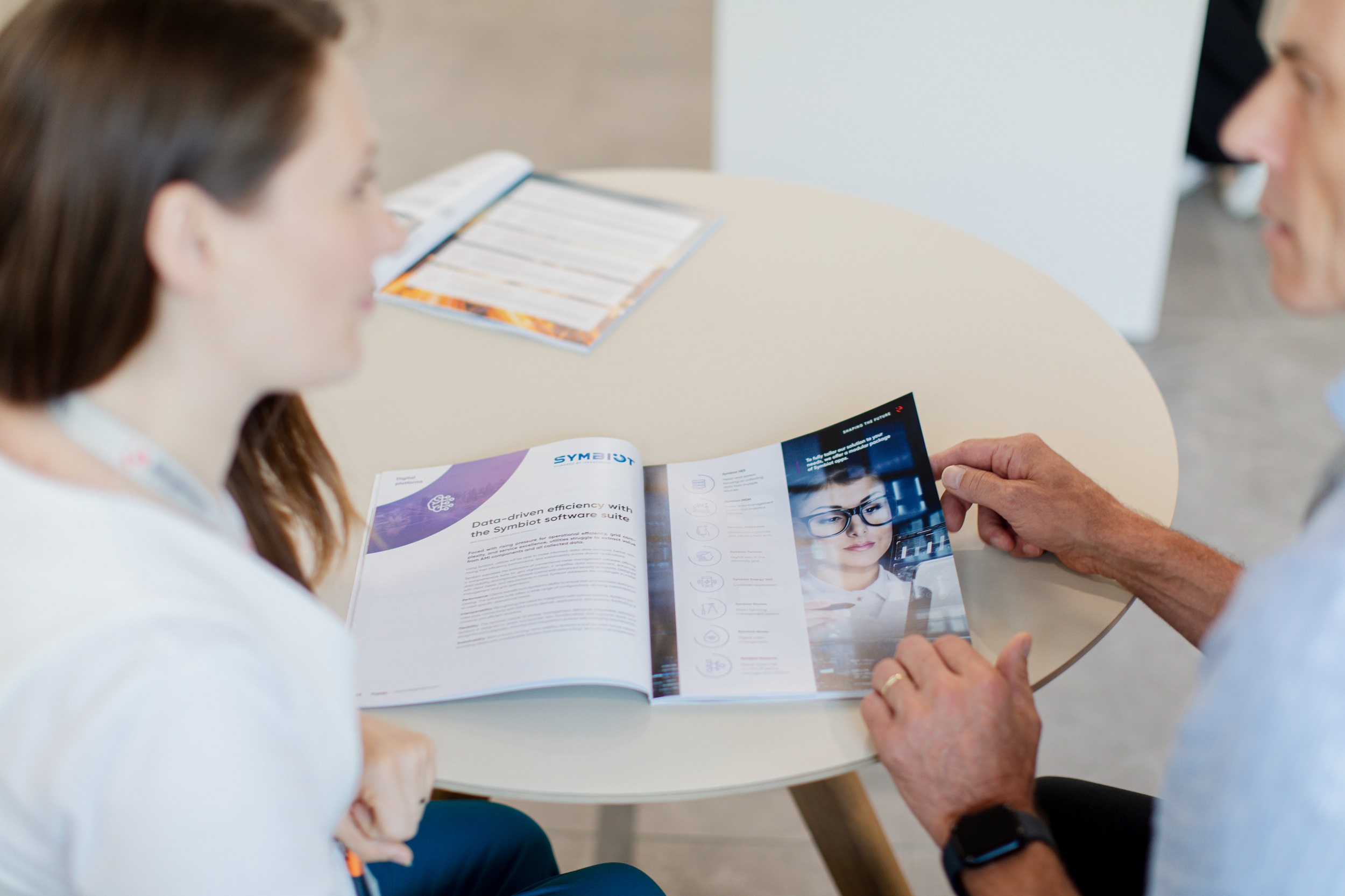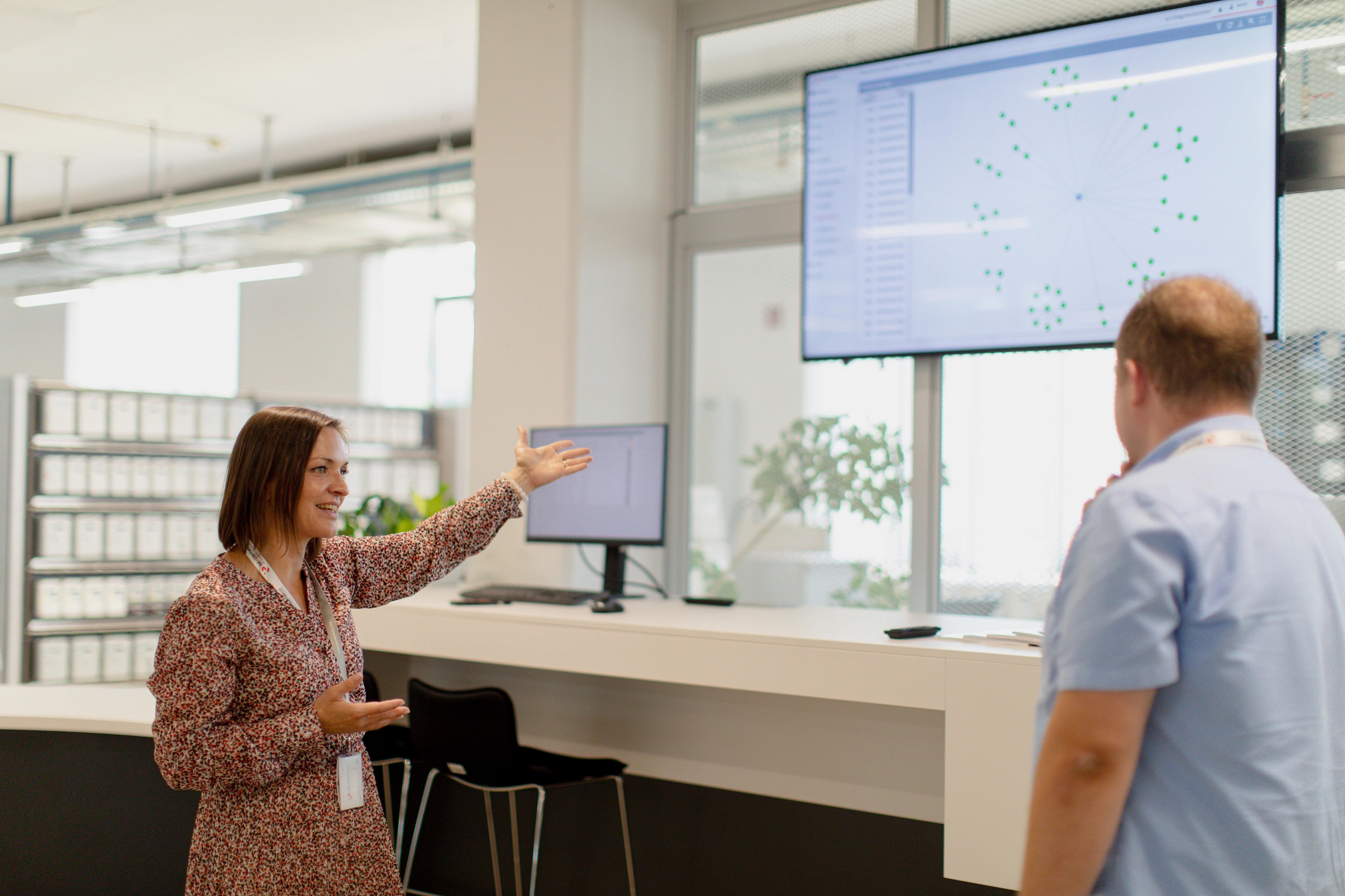The transparency of our supply chain gives us a clear picture of the materials we use and suggests options for further improvements. We are also looking for solutions for minimizing the use of rare materials and finding alternatives that could replace them.
What are the Major Problems with Obtaining Materials?
The production of electric meters requires the use of specific materials. Harsh living conditions force people to accept any kind of work. Dangerous working conditions and child labor are nothing new in those areas, and, unfortunately, this is how gold, tantalum, tungsten, and tin are obtained.
These minerals are not necessary only for the production of electric meters but for smartphones, tablets, and numerous other devices as well. Namely, over 75 % of electronic devices contain tantalum. It is hard to imagine that a predominant majority of humankind possesses a device that required the extraction of minerals under inhuman working conditions for questionable payment.
However, the problem is not only in ignoring and violating the human rights of the workers but also in the scarcity of minerals. The growing demand for more and newer technological products triggers massive production. Production causes heavier pollution and puts at risk the quality of air, water, and soil around the world.
Rapidly changing technologies also cause a lot of electronic waste, only approximately 20 % of which is recycled.
Market Follows the Needs of Consumers
But the situation is not as dark as it seems. Conflict countries, such as Congo, indeed do have the leverage of owning the land rich with rare minerals. Yet, the market has a strong tendency to adapt to the needs of consumers. The manufacturers of electric devices need to strive toward production with non-conflict materials, and the providers of the latter will have to follow.
If everyone is looking to buy ethically obtained materials, owners of mines will have no choice but to improve working conditions. Sasha Lezhnev, Deputy Director of Policy at Enough Project, talked to the Guardian about that problem – and solution. “The more that happens”, [he] said, “the better system we’ll see getting put in place.”
Actions We Take at Iskraemeco
The market for electric products is powerful. Thus, globally-known and even smaller manufacturers can start requesting materials obtained through fair working conditions. This way child labor and other exploitations of the human workforce will end. If no company buys compromised material, we all contribute towards implementing better working conditions worldwide.
This, of course, requires establishing a transparent supply chain. At Iskraemeco, we monitor our supply chain by following higher standards than recommended. All the components that we use are compliant with ROHS and REACH. We follow FLA Compliance and ILO Standards Compliancy and enforce EU Regulation on Supply Chain of Minerals from conflict areas. We pay special attention to trace our components back to their origin in cases when this is possible. This enables us having a highly transparent supply chain. For the monitoring of our supply chain, we apply the method of open sources.
This transparency is also locked into each meter we manufacture. All sub components produced by Iskraemeco is given unique bar codes where all details of materials and product testing are linked.
All of this information is then linked to the meter factory number. You can just scan the top of the meter and you get a full history of the components used, when the components were brought in, who the supplier was. We have also included process traceability whereby we know who was involved with assembling, testing and packing & dispatch.
We believe that companies that produce electronic devices should invest in thorough research on where their materials come from. The goal is to establish a supply chain that is transparent enough to show that the purchase of material supports no conflict nor unfair labor. At Iskraemeco, we stand for transparency. Our fair smart meters came to existence as a result of collaboration on the Fair Meter Project. Now, our smart meters come with information on which material the product contains, where the material is from, how it was extracted, and who are the suppliers of separate parts. All the information on consumption the meters offer also path the way towards more efficient use of electricity and a more sustainable future.
We also have to consider promising options for recycling electronic waste. Raising the numbers of recycled products is vital. It would decrease waste and also provide materials that are presently still necessary for the production of electronic products. With the use of recycled materials, the demand for raw materials reduces as well.
We are also trying to use minimum resources to decrease the CO2 footprint by choosing optimal materials and using energy as efficiently as possible. Since 2013, we reduced our CO2 emission by 49 %. We introduced new packaging which contains no plastic and uses 50 % less cardboard material. If buyers agree, we always opt for a more environmentally-friendly option of transporting our products.
Time is now
This is a great time to focus on such issues. General public acknowledges the issues of global warming, people are aware of their contributions to the carbon footprint. Nonetheless, this is still a long-term process. Fundamental changes, such as requesting fair-trade materials, do not happen overnight. There are obstacles from law and distribution to the very source – how much are the suppliers willing to share? That is why we, manufacturers of electric products, have to obtain insight into the working conditions and detailed information.
